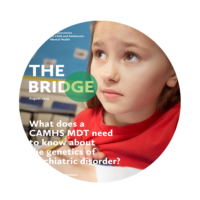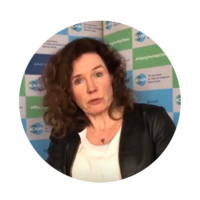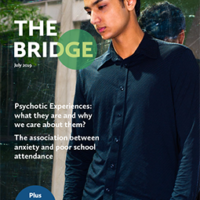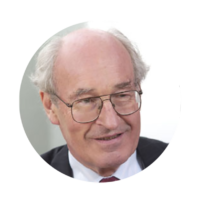This section of the site contains selected open access papers from our journals:
Use the links above to access the index of JCPP and CAMH.
This section of the site contains selected open access papers from our journals:
Use the links above to access the index of JCPP and CAMH.

“Common factors in the art of healing” by Bradley S. Peterson
Read more
Screen time, social media and developing brains: a cause for good or corrupting young minds?
Read more
Welcome to this Neuroscience themed edition of The Bridge.
The Royal College of Psychiatrists is currently promoting the neurosciences in its curriculum, for training Psychiatrists of the future. One of the many reasons for this is to develop more “Parity of Esteem” between physical and mental health conditions.

“Improving children’s mental health. What does that mean, actually?” by Albertine J. Oldehinkel
Read more

Having spent a lot of time on a camp bed in a paediatric ward with young people and their families, some of whom were inpatients for weeks on end and facing huge physical challenges, it has made me wonder a great deal about the elements of psychological resilience in young people.
Read more
Edmund Sonuga Barke, Editor in Chief of JCPP, talks about the papers that influenced him, how JCPP maintains its quality, and what the future holds for JCPP.
Read more
This Virtual Issue celebrates Professor Sir Michael Rutter’s extraordinary contribution to child and adolescent psychology and psychiatry represented specifically by his writings published in the Journal of Child Psychology and Psychiatry.
Read more
There are good treatments available for depression, (pharmacological and non-pharmacological) though more options are required to meet the needs of those that do not respond well to treatment. The costs to society, not just the treatment cost but also cost to individuals and wider society including education and employment, are huge.
Read more
“Correlation and causation: to study causality in psychopathology” by Arne Lervåg
Read more